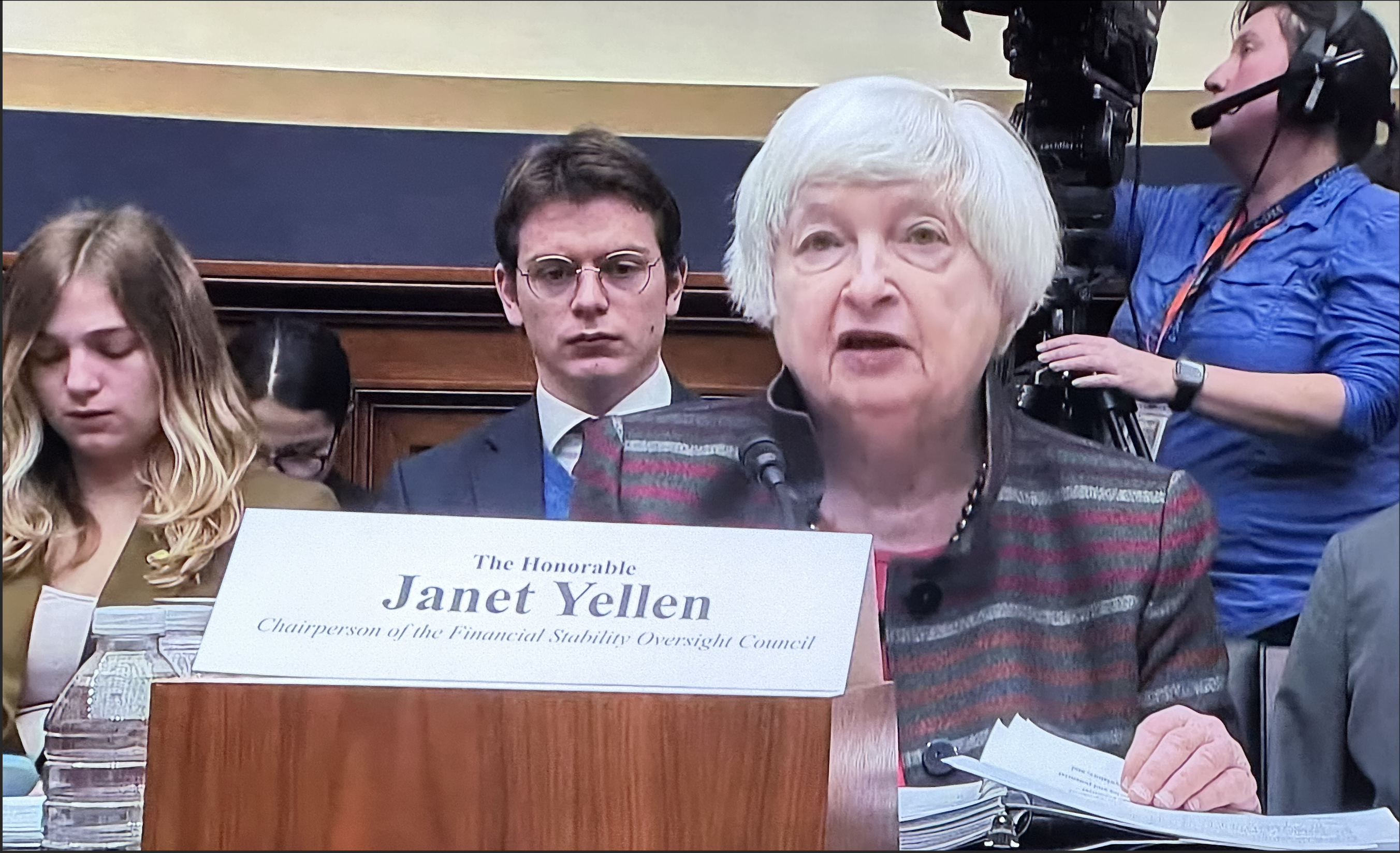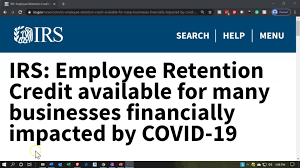Big Data needs a good storyteller...like Gary Vaynerchuck
 In an episode of Mad Men, Don Draper talks about pitching the Kodak Carousel. "Technology is a glittering lure, but there is the rare occasion when the public can be engaged on a level beyond flash, if they have a sentimental bond with the product….Nostalgia. It's delicate but potent. Switch it on."
In an episode of Mad Men, Don Draper talks about pitching the Kodak Carousel. "Technology is a glittering lure, but there is the rare occasion when the public can be engaged on a level beyond flash, if they have a sentimental bond with the product….Nostalgia. It's delicate but potent. Switch it on."
Combine the storytelling prowess of Don Draper with the high-pitched vitriol of Jim Cramer and add a dose of emotional intelligence to get Gary Vaynerchuck, social media guru, best-selling author, wine librarian and marketer par excellence of the internet age. Gary Vaynerchuck rose to prominence in social media a few years ago with his video log, wine library tv which he used to grow his family wine store into a mulit-million dollar business. He currently runs VaynerMedia, a social media strategy and production company.
Gary is an avid supporter of the use of quantitative analytics in marketing. Carpe Datum Rx caught up with Gary to ask him a few questions about big data, marketing and technology adoption in the enterprise. Here are his paraphrased comments.
Is Big Data ready for the 99 per cent ?
The technology is ready. But it is far more important to know what to do with the Big Data beyond the products and the technology.
Big data reminds me of the wine world. I brought a lot of value to the wine world because I knew how to story-tell. Big data companies are terrible at communicating their value proposition. It needs good storytellers and marketers who can talk about its business value.
Are leaders getting a good perspective of their business by looking at their data?
Most progressive companies and marketers are getting more than enough data. I think the marketers are letting down the data because they are not using it to its fullest. Some markets don't want big data to happen so quickly because they are then on the hook for their decisions.
There are a lot of successful companies such as Groupon, Zynga and Fab are very analytical and quant driven in running their operations. On the flipside, a lot of companies continue to struggle with these issues.
Of the 100 people who can make these decisions, 40 of them are so smart, they do not want to implement Big Data because it puts them on the hook. Another 40 are so lacking in progressiveness that they do not see the value in it. The other 20 are just trying to figure it out and navigate through it.
Silicon Valley guys are called the machine gun salesmen talking to people who are too busy building bows and arrows. What do you think?
This is nothing new. This is the way innovation has been in its entire history. There were plenty of people using horses while the automobile was more efficient and a more viable means of transportation. Those people went out of business.
The people who I know that know Big Data, are very practical and understand that they need to do something with it. That's the part I am most fascinated by. When you talk of how insights lead to actions lead to results, humans still have to take the actions to prove this technology. It is very disappointing to see leadership in enterprise being extremely half-assed in their execution around Big Data.
In a recent interview on CNN you said that our grandparents were better qualified to run business than we are because they cared about their customers. Can you explain what that means?
I believe that Big Data and quantified analytics are going to be very mature and prevalent over the next decade. When that happens, it becomes a commodity. When everybody uses it, it loses its value as a competitive advantage.
The next thing that becomes interesting to me is that competitive advantage becomes about EQ (Emotional Quotient) and not IQ (Intelligence Quotient). It becomes about caring and customer service and things that are emotional. Data will map the intellectual and the competitive battle will be around emotional.
What does VaynerMedia do as a company? Do you do a lot of data analysis?
We are a social media strategy and production company. We produce content for our clients based on their KPIs. We use a lot of analytics on social media. Some of the work we do with clients is immediately quantified because it leads to sales.
Platforms such as Facebook are far along on its analytics. However, we do spend a lot of time storytelling on other platforms such as Pintrest, Instagram and others because consumers are on these platforms. Eventually these platforms will have analytics to quantify and measure our consumers. I am never upset about justifying the ROI on these platforms. I am putting all my energy in being great at it because I know intuitively that they are going to be important. The ROI for me for spending time and money on Twitter five years ago has been tens of millions of dollars. I knew at then that eventually everybody was going to be spending a lot of time on it. Today, the ROI around justifying social media is much more black and white than traditional media.
You have a new book called “Jab, Jab, Jab, Right Hook –
How to sell your story in a noisy social world”. Could you have written this book two years ago? Will this book be relevant five years from now?
Two years ago? Heck no. I didn't realize until recently how important content was to my actual success. I thought it was about community management. Five years from now? I can guarantee it will be relevant three years from now.
What is your Carpe Datum Rx? If you could offer one piece of advice to a Fortune 500 CEO, what would that be?
Take 5% of your spend on media and give it to a “Ninja” unit internally. Let them spend it on new innovation and testing and pushing the boundaries of who you are. I would highly recommend that every Fortune 500 CEO allocate some dollars to play in the marathon instead of the sprint that 95% of your other money is being spent on.
Further Reading
Posts by Tag
- big data (41)
- advanced analytics (36)
- business perspective solutions (30)
- predictive analytics (25)
- business insights (21)
- analytics (16)
- data analytics infrastructure (16)
- regulatory compliance (13)
- fintech (12)
- risk management (12)
- BI (11)
- big data visualization presentation (11)
- machine learning (11)
- quantitative analytics (11)
- regtech (11)
- AML (10)
- social media (10)
- AML/BSA (9)
- Big Data Prescriptions (9)
- analytics as a service (9)
- data scientist (9)
- social media marketing (9)
- banking (8)
- marketing (8)
- banking regulation (7)
- financial risk (7)
- innovation (7)
- money laundering (7)
- Big Data practicioner (6)
- CIO (6)
- community banking (6)
- regulation (6)
- visualization (6)
- AML/BSA/CFT (5)
- AML/BSA/CTF (5)
- KYC (5)
- agile compliance (5)
- data analytics (5)
- data-as-a-service (5)
- email marketing (5)
- industrial big data (5)
- risk manangement (5)
- Hadoop (4)
- MoSoLoCo (4)
- NoSQL (4)
- buying cycle (4)
- instrumentation (4)
- mathematical models (4)
- sales (4)
- 2015 (3)
- AI led digital banking (3)
- Comminity Banks (3)
- Digital ID-Proofing (3)
- bitcoin (3)
- model validation (3)
- wearable computing (3)
- Agile (2)
- FFIEC (2)
- Internet of Things (2)
- IoT (2)
- KPI (2)
- PPP (2)
- Performance Management (2)
- PreReview (2)
- SaaS (2)
- Sales 2.0 (2)
- The Cloud is the Bank (2)
- Wal-Mart (2)
- banking performance (2)
- blockchain (2)
- customer analyitcs (2)
- data sprawl (2)
- digital banking (2)
- digital marketing (2)
- direct marketing (2)
- email conversions (2)
- mobile marketing (2)
- new data types (2)
- risk (2)
- risk managemen (2)
- self-sovereign identity (2)
- virtual currency (2)
- 2014 (1)
- 3D printing (1)
- AI (1)
- Cloud Banking (1)
- DAAS (1)
- Do you Hadoop (1)
- Goldman Sachs (1)
- HealthKit (1)
- Joseph Schumpeter (1)
- NationalPriorites (1)
- PaaS (1)
- Sand Hill IoT 50 (1)
- Spark (1)
- apple healthcare (1)
- bsa (1)
- cancer immunotherapy (1)
- ccpa (1)
- core banking (1)
- currency (1)
- disruptive technologies (1)
- erc (1)
- fraud (1)
- health app (1)
- healthcare analytics (1)
- identity (1)
- manatoko (1)
- modelling (1)
- occam's razor (1)
- paycheck protection (1)
- personal computer (1)
- privacy (1)
- sandbox (1)
- verifiable credential (1)
- zero-knowledge proof (1)
Recent Posts
Popular Posts
In the ever-changing world of global finance,...
The Internal Revenue Service (IRS) is facing a...
In the echoing corridors of Pearson Specter Litt,...



